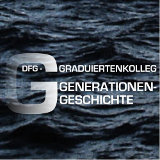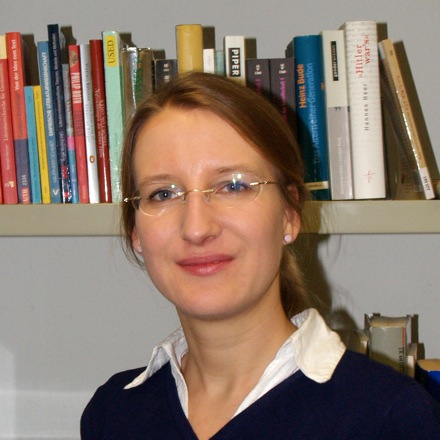Abstract Katja Bruisch
Peasants were one of the most virulent issues discussed in late Tsarist Russia. Tsarist officials and wide parts of the intelligentsija were convinced that peasants were an obstacle to Russian industrialization and modernization. At the beginning of the 20th century the peasant family, the most important production unit in Russian agriculture, was theoretically conceptualized by agricultural professionals, statisticians and economists who at the same time combined scientific research with a political programme: the democratization of Russia.
The dissertation seeks to examine how the scientific interest in peasant economy can be evaluated with regard to the political and social visions of Russian agricultural professionals. These professionals will be portrayed within the framework of a collective biography, covering their engagement in the Russian co-operative movement, the political support provided for the Provisional Government, as well as the different reactions to the Bolshevik seizure of power in October 1917. Furthermore, the PhD-project seeks to find out, whether the scientific and political programme advocated by this group of intellectuals was an expression of a generationally constituted discourse about the future of Russia. It thus aims to clarify, how far the generational approach can be applied to problems related to the history of sciences and knowledge.

